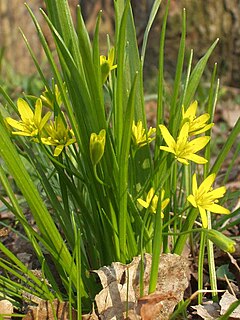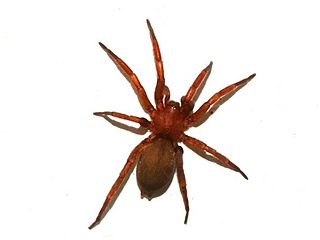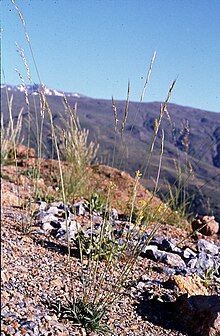
Marrubium is a genus of flowering plants in the family Lamiaceae, native to temperate regions of Europe, North Africa, and Asia as far east as the Xinjiang region of western China. A few species are also naturalized in North and South America.

The genus Ophrys is a large group of orchids from the alliance Orchis in the subtribe Orchidinae. They are widespread across much of Europe, North Africa, Caucasus, the Canary Islands, and the Middle East as far east as Turkmenistan.

Lamium (dead-nettles) is a genus of about 40–50 species of flowering plants in the family Lamiaceae, of which it is the type genus. They are all herbaceous plants native to Europe, Asia, and northern Africa, but several have become very successful weeds of crop fields and are now widely naturalised across much of the temperate world.

Europe, the westernmost portion of Eurasia—is often divided into regions based on geographical, cultural or historical criteria. Many European structures currently exist. Some are cultural, economic, or political; examples include the Council of Europe, the European Broadcasting Union with the Eurovision Song Contest, and the European Olympic Committees with the European Games. Russia dominates the continent by both area and population; spanning roughly 40% of its total landmass, with over 15% of its total population.

Alopecurus, or foxtail grass, is a common and widespread genus of plants in the grass family. It is common across temperate and subtropical parts of Eurasia, northern Africa, and the Americas, as well as naturalized in Australia and on various islands.

Gagea is a large genus of spring flowers in the lily family. It is found primarily in Eurasia with a few species extending into North Africa and one species in North America.

Drassodes is a genus of ground spiders that was first described by Niklas Westring in 1851. They are brown, gray, and red spiders that live under rocks or bark in mostly dry habitats, and are generally 3.8 to 11.6 millimetres long, but can reach up to 20 millimetres (0.79 in) in length.

Dysdera is a genus of woodlouse hunting spiders that was first described by Pierre André Latreille in 1804. They originated from Central Asia to Central Europe.

Rhaponticum, is a genus of flowering plants in the thistle tribe within the sunflower family.

Koeleria is a common and widespread genus of plants in the grass family, found on all continents except Antarctica and on various oceanic islands. It includes species known generally as Junegrasses.

Helictotrichon, or alpine oatgrass, is a genus of perennial flowering plants in the grass family. The genus name comes from the Greek heliktos meaning twisted, and trichos meaning spine, referring to the shape of the awn.

Zelotes is a genus of ground spiders that was first described by J. Gistel in 1848.

Ziziphora are a genus of annual or perennial herbs or subshrubs in the family Lamiaceae. Ziziphora has aromatic leaves; they are found in open and often xeric habitats in Southern and Eastern Europe, North-West Africa and Asia to the Himalayas and Altai mountains.

Haplodrassus is a genus of ground spiders that was first described by R. V. Chamberlin in 1922. They range from 3 to 10 millimetres. H. signifer is the most widespread species, found across North America except for Alaska and northern Canada.

Centromerus is a genus of dwarf spiders that was first described by David B. Hirst in 1886.















